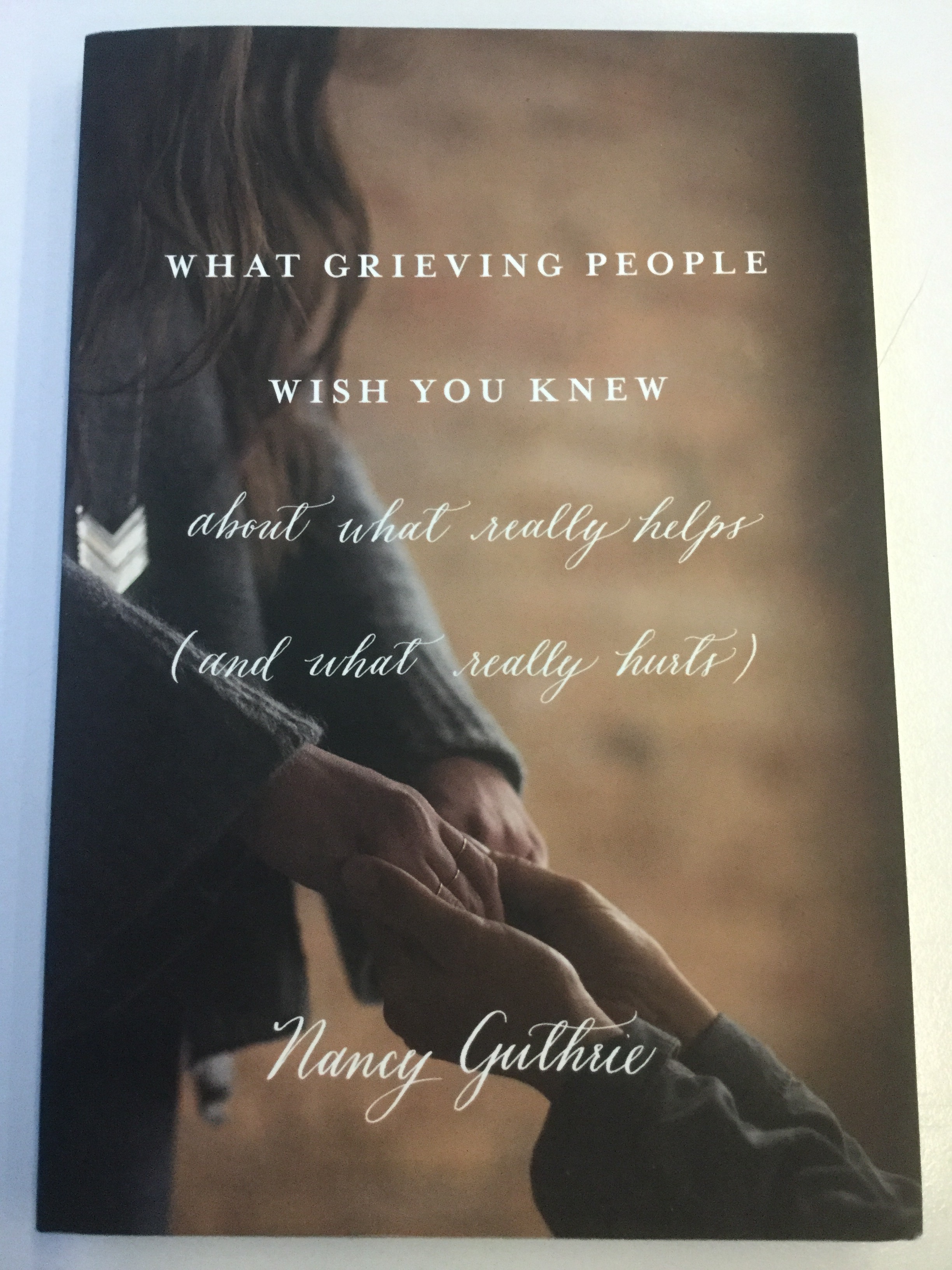The heart of the wise is in the house of mourning, but the heart of fools is in the house of mirth (or house of pleasure NIV & NASB) (Ecc 7:4).
These words come at the end of a short passage that puts before us two quite distinct attitudes of the heart.
Ecc 7:1 A good name is better than fine perfume, and the day of death better than the day of birth.
Ecc 7:2 It is better to go to a house of mourning than to go to a house of feasting, for death is the destiny of everyone; the living should take this to heart.
Ecc 7:3 Frustration is better than laughter, because a sad face is good for the heart.
Ecc 7:4 The heart of the wise is in the house of mourning, but the heart of fools is in the house of pleasure.
 Most people perhaps view these verses as utter folly: which is quite ironic considering Ecclesiastes is contrasting folly and wisdom throughout. In verse 4 it speaks about the heart. The heart is in the house of mourning or the house of mirth or pleasure. Verse two does speak of an activity – going somewhere. To put it in the language of today we’re either going to a funeral or going down the pub. As you well know, in our culture, one tends to foolishly follow the other.
Most people perhaps view these verses as utter folly: which is quite ironic considering Ecclesiastes is contrasting folly and wisdom throughout. In verse 4 it speaks about the heart. The heart is in the house of mourning or the house of mirth or pleasure. Verse two does speak of an activity – going somewhere. To put it in the language of today we’re either going to a funeral or going down the pub. As you well know, in our culture, one tends to foolishly follow the other.
As you get older you go to more funerals. In fact, I’m going to one on Tuesday. These often aren’t places we would normally choose to attend. But the writer doesn’t say that; he says out of the two it’s better to go to the house of mourning. Faced with this stark choice how many of us would choose to attend a funeral. But here Solomon (the author), tells us what we all know, namely, that ‘death is the destiny of everyone.’ And just this morning, the news came that a member of the church here experienced that very destiny. Yes, death will come upon us all. Solomon doesn’t say don’t go to the house of pleasure. He says it’s better, or wiser, to be in the house of mourning. I’m quite sure the funeral I will attend on Tuesday will be followed by refreshments: where there is an opportunity to apply Solomon’s counsel and ‘lay it (death) to heart.’ It’s not wrong to celebrate, a wedding or birth for example. But if the two (celebration or mourning) were set side by side, Solomon tells us it would be better, more profitable that is, to be in the house of mourning.
 Why is it better to go to the house of mourning? We most clearly see ‘the end of all mankind.’ We see our own end. We see the ruin that sin has caused. When our first parents disobeyed God by eating of the forbidden fruit, their disobedience plunged our whole world, and everyone that was to be born, into death. They brought the judgment of God upon the whole world. We see this. We know this. We see the frailty of the human condition. We see the very best and very worst of people die. There it is, placed before us in stark reality – our end. Solomon says, the living, us, will lay it to heart. That is, take it seriously. To consider it. To think deeply about it. To consider our end. But so often we are far too quick to be down the Pub. There is sorrow. Of course, there is sorrow and sadness. But we shouldn’t be so quick to drown out the opportunity to ‘lay it to heart.’ It’s understandable to drown out our sorrows, but it’s folly to drown out the reality of our end. It is especially the height of folly to drown out the voice of God. It is folly to ignore The Gospel.
Why is it better to go to the house of mourning? We most clearly see ‘the end of all mankind.’ We see our own end. We see the ruin that sin has caused. When our first parents disobeyed God by eating of the forbidden fruit, their disobedience plunged our whole world, and everyone that was to be born, into death. They brought the judgment of God upon the whole world. We see this. We know this. We see the frailty of the human condition. We see the very best and very worst of people die. There it is, placed before us in stark reality – our end. Solomon says, the living, us, will lay it to heart. That is, take it seriously. To consider it. To think deeply about it. To consider our end. But so often we are far too quick to be down the Pub. There is sorrow. Of course, there is sorrow and sadness. But we shouldn’t be so quick to drown out the opportunity to ‘lay it to heart.’ It’s understandable to drown out our sorrows, but it’s folly to drown out the reality of our end. It is especially the height of folly to drown out the voice of God. It is folly to ignore The Gospel.
 From the house of mourning, we learn something. From the house of feasting, we learn very little. But if we aren’t actually in the house of mourning, according to Solomon that’s where our heart needs to be. Because that’s wise. The heart of the wise is in the house of mourning. What does it mean though for our hearts to be in the ‘house of mourning.’ It must surely mean we are conscious of our mortality and that we must depart this life. It means we are conscious that we must meet God and stand before His judgment seat. As Paul says: …. we must all appear before the judgment seat of Christ (2 Cor 5:10).’ The Scripture tells us ‘The fear of the LORD is the beginning of wisdom (Pro 9:10).’ The mind of the one whose heart is in the house of mourning contemplates Eternal Realities. We come into the world as sinners under the Judgement of God. As Paul says in Ephesians 2:3 we are ‘by nature children of wrath, like the rest of mankind.’
From the house of mourning, we learn something. From the house of feasting, we learn very little. But if we aren’t actually in the house of mourning, according to Solomon that’s where our heart needs to be. Because that’s wise. The heart of the wise is in the house of mourning. What does it mean though for our hearts to be in the ‘house of mourning.’ It must surely mean we are conscious of our mortality and that we must depart this life. It means we are conscious that we must meet God and stand before His judgment seat. As Paul says: …. we must all appear before the judgment seat of Christ (2 Cor 5:10).’ The Scripture tells us ‘The fear of the LORD is the beginning of wisdom (Pro 9:10).’ The mind of the one whose heart is in the house of mourning contemplates Eternal Realities. We come into the world as sinners under the Judgement of God. As Paul says in Ephesians 2:3 we are ‘by nature children of wrath, like the rest of mankind.’
We are born in the house of feasting without a thought of God, or of Christ or of Eternal Realities. One reality is this: found in 1 Cor 2:14;
The natural person does not accept the things of the Spirit of God, for they are folly to him, and he is not able to understand them because they are spiritually discerned.
The need is to not be natural but spiritual. But we are born ‘dead in trespasses and sins (Eph 2:1).’ What we need is life. Ironically, we find out about true life by going to the house of mourning. But here in the house of mourning, we also find the death of the Lord Jesus Christ. He died that we might have life. So Jesus says:
Joh 10:10 The thief comes only to steal and kill and destroy. I came that they may have life and have it abundantly.
Joh 10:11 I am the good shepherd. The good shepherd lays down his life for the sheep.
The Good Shepherd (Jesus) says:
Mat 11:28 Come to me, all who labor and are heavy laden, and I will give you rest.
Mat 11:29 Take my yoke upon you, and learn from me, for I am gentle and lowly in heart, and you will find rest for your souls.
Mat 11:30 For my yoke is easy, and my burden is light.”
Will you come to Him?


 I
I 




